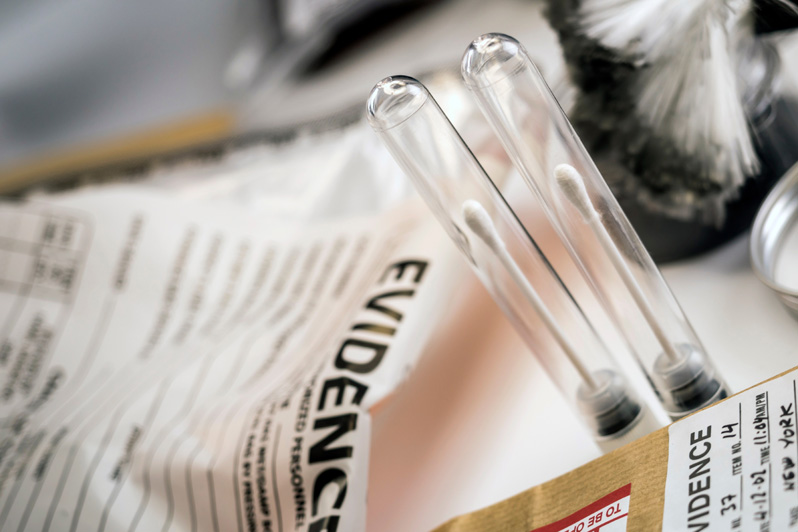

DNA evidence has become a cornerstone of modern criminal justice, offering a scientific means to identify or exonerate suspects. However, its application is not without limitations. Understanding these constraints is crucial, especially in complex legal landscapes like Louisiana.
DNA evidence, while powerful, is not always a definitive answer to criminal cases. Its accuracy depends on multiple factors, including the quality and quantity of the sample, the methods used for analysis, and the interpretation of results. John D. & Eric G. Johnson Law Firm recognizes these challenges and approaches each case with thorough scrutiny and expertise.
Understanding the Nature of DNA Evidence
DNA, found in almost every cell of the human body, carries unique genetic information. In criminal cases, DNA can be obtained from blood, hair, skin cells, and other bodily substances. Its primary role is to link a suspect to a crime scene or victim, or conversely, to exclude them from suspicion.
However, the reliability of DNA evidence depends greatly on the condition of the sample. Degraded or contaminated samples may not yield accurate results. In Louisiana’s humid climate, for instance, DNA degradation can occur more rapidly than it does in other climates, presenting a unique challenge to forensic teams. Moreover, the mere presence of DNA at a crime scene does not necessarily indicate guilt, as DNA can be transferred innocently.
Challenges in the Collection and Analysis of DNA Evidence
The process of collecting and analyzing DNA is meticulous and subject to human error. Contamination can occur at various stages – from the crime scene to the laboratory. For example, if law enforcement officials do not follow proper procedures, they might inadvertently contaminate the samples.
In addition, the interpretation of DNA evidence requires expertise. Complex cases may involve mixed DNA samples from multiple individuals, making it difficult to isolate a single profile. This complexity demands an experienced defense attorney who can challenge the prosecution’s interpretation of DNA evidence.
Legal and Ethical Considerations of DNA Evidence
DNA evidence also raises legal and ethical issues. The creation of DNA databases, for instance, involves privacy concerns and potential misuse of genetic information. In Louisiana, as elsewhere, there’s an ongoing debate about the extent to which law enforcement can access and utilize these databases.
Furthermore, the reliance on DNA evidence can lead to wrongful convictions. In some cases, juries might be swayed by the perceived infallibility of DNA, overlooking other crucial evidence. It’s our responsibility as defense attorneys to ensure that DNA evidence is weighed appropriately within the broader context of the case.
How We Approach Utilizing and Investigating DNA Evidence
At John D. & Eric G. Johnson Law Firm, we understand the complexities surrounding DNA evidence. We rigorously analyze how DNA evidence is collected, handled, and interpreted in each case. Our approach involves consulting forensic experts, reviewing laboratory protocols, and challenging the prosecution’s narrative when DNA evidence is presented.
Our goal is to ensure that DNA evidence is not viewed in isolation but as part of the entire evidentiary landscape. We believe in a holistic approach to defense, where every piece of evidence is scrutinized for its true value in the context of the case.
Why Choose John D. & Eric G. Johnson Law Firm for Your Case?
Choosing the right criminal defense attorney in cases involving DNA evidence is crucial. At John D. & Eric G. Johnson Law Firm, we bring decades of experience in criminal defense, combined with a deep understanding of forensic science. Our firm is adept at navigating the intricacies of DNA evidence, ensuring that our clients receive a fair and informed defense.
We work tirelessly to protect your rights and interests, whether it’s questioning the validity of DNA evidence, exploring alternative theories, or negotiating with prosecutors. If you’re facing a criminal charge where DNA evidence is a key factor, contact us at (318) 377-1555 or visit our contact form. Let our expertise guide you through the complexities of your case.
